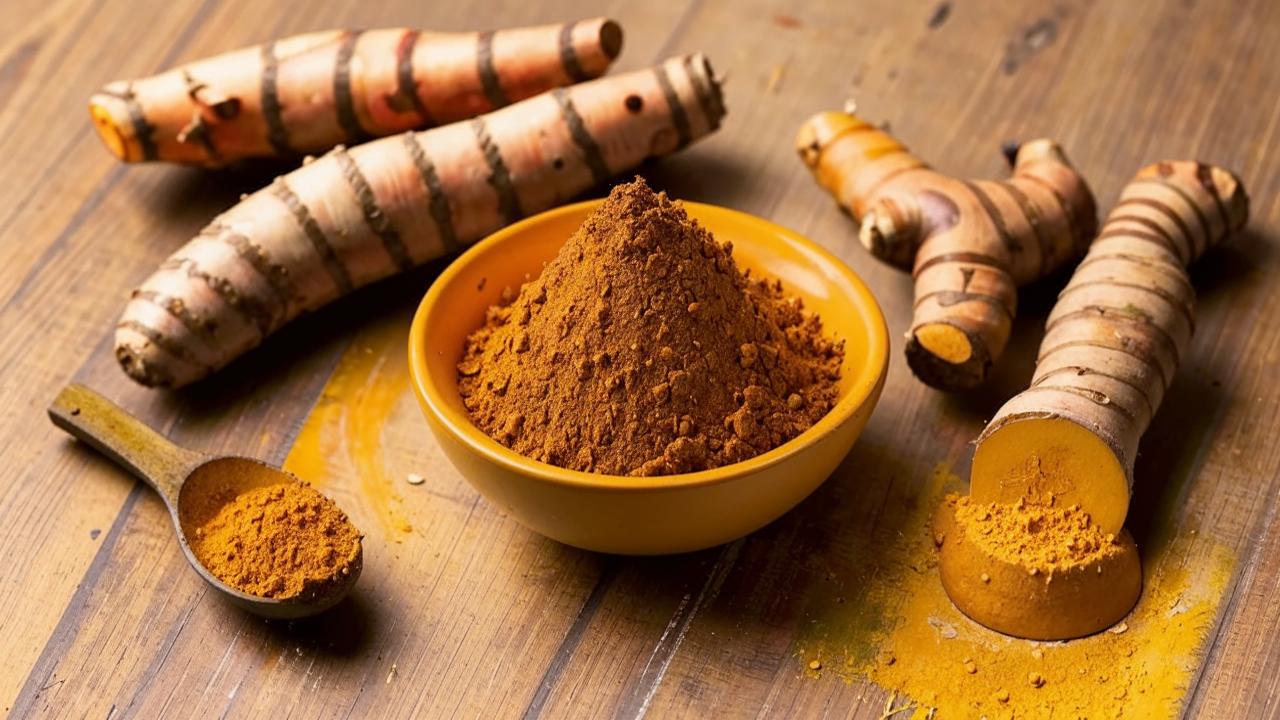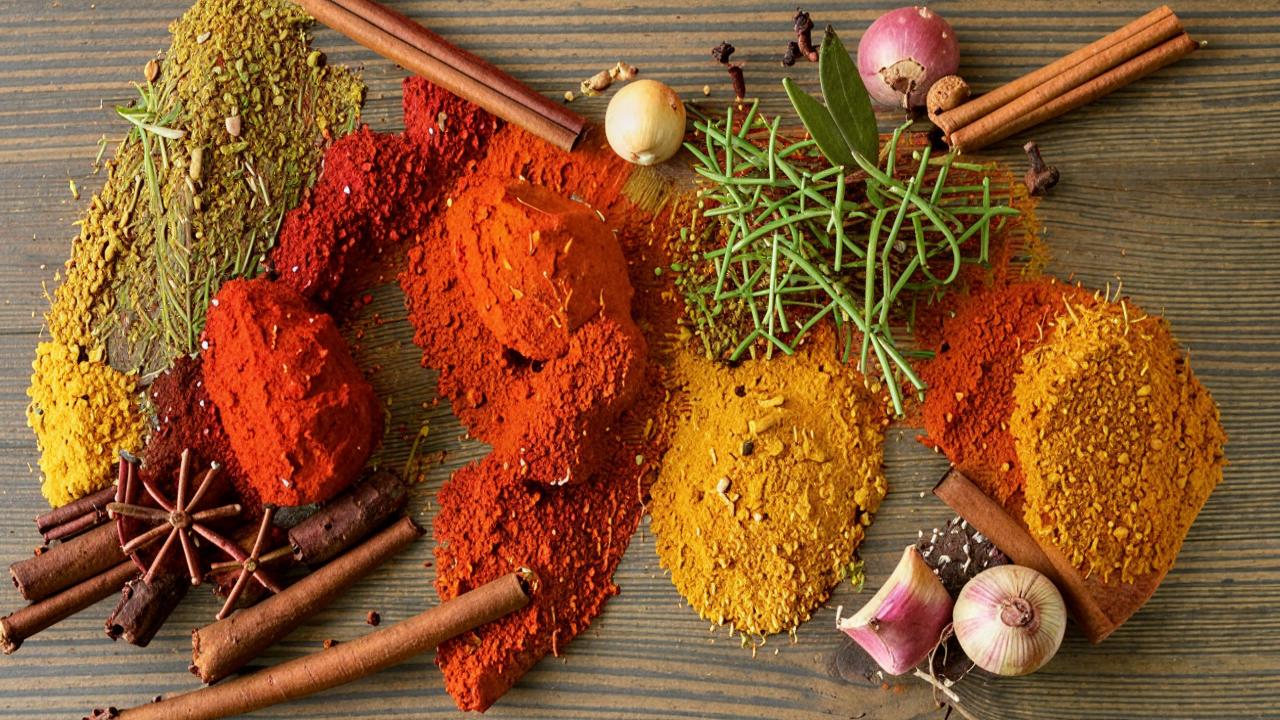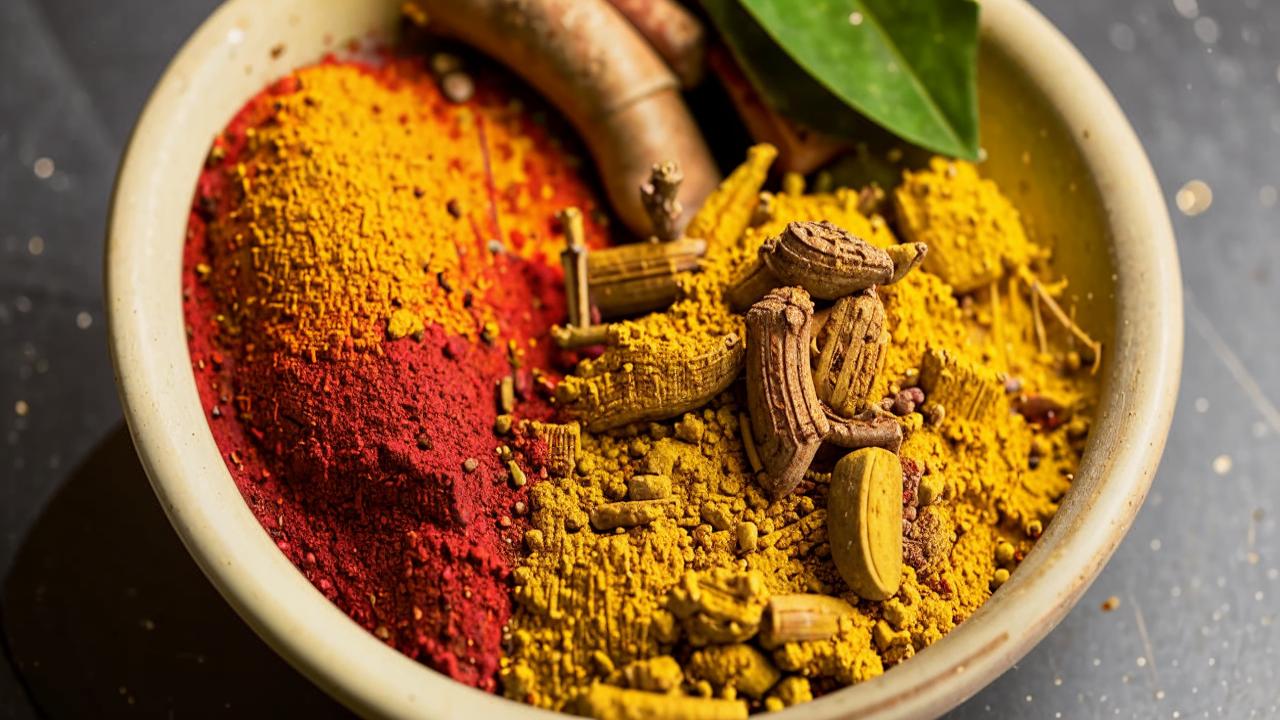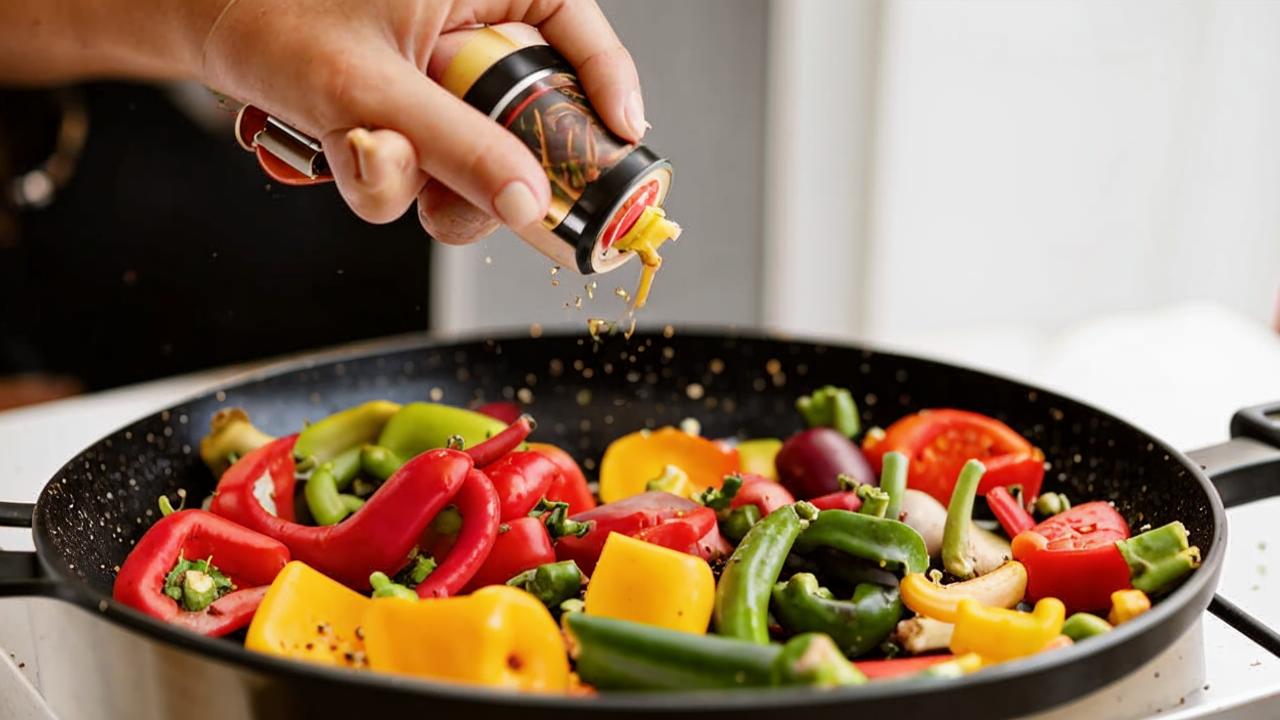Let’s find out together with a nutritionist.
Spices – a product that is in every kitchen. It does not matter whether you add them to all dishes or only when cooking pilaf once a month – it is not superfluous to know about the benefits and harms of hot spices.
We present six popular judgments about spicy food and examine which of them are true and which are not.

nutritionist
A daily diet with lots of herbs and spices contains antioxidants, minerals and multivitamins. They improve metabolism, create a feeling of satiety and prolong youthfulness. In skillful hands, this form of phytotherapy is delicious and safe.
In my opinion, all kinds of peppers, turmeric, rosemary, badia and ginger should be in every plate or mug.
Spicy food kills bacteria – the truth
Capsaicin is a component of various fruits and spices that makes them spicy. It has antiseptic property. It is believed that by eating spicy food, we kill the bacteria and viruses that come with the food. This helps to avoid gastrointestinal diseases.
And really: have you ever wondered why Asian cuisine is so rich in spicy spices and sauces? Or why raw fish rolls are served with ginger and wasabi?

Lydia: Chili, cumin, garlic, ginger and other hot spices kill most gastrointestinal pathogens, E. coli and bacteria.
Capsaicin, which is most abundant in chili peppers, kills Helicobacter Pylori bacteria and is considered one of the best natural remedies for the ulcers and gastritis that these bacteria cause.
Curcumin, the main substance in turmeric root, has anti-inflammatory, antitumor, antibacterial, and antioxidant properties. At the same time, different varieties of pepper contain substances that enhance the action of curcumin.
And cloves have antibacterial and antimicrobial properties.
Spicy food helps to lose weight – the truth
Researchers from Purdue University proved: capsaicin can reduce hunger and increase energy expenditure. At the same time, it increases heart rate and temperature. This, in turn, stimulates metabolism.

Obviously, you can’t eat a lot of spicy food. Even with a great desire is unlikely to succeed. Nevertheless, you should not think that pepper is a magic pill for weight loss. Such an effect can be achieved only in combination with a calorie deficit and physical activity. If you eat wheat buns with chili peppers, drinking them with sweet soda with ginger, it will not help you get rid of extra pounds.
Lydia: Substances contained in hot spices reduce the level of triglycerides in the blood, increase the number of enzymes in the liver, which are involved in fat metabolism, accelerate metabolism, activate the process of fat oxidation.
Capsaicin neutralizes chronic inflammation caused by fat cells and reduces the production of the hormone ghrelin, responsible for the feeling of hunger.
Spicy food improves digestion – true, but there are nuances
Some believe that this is false, others – that it is not. Each in his own way is right.

Lydia: If a person has diseases of the GI tract, then spicy food can provoke inflammatory processes. In the absence of contraindications spices will only benefit. Spices stimulate the secretion of gastric juice, which improves blood flow to the walls of the stomach and contributes to the restoration of its mucous membrane.
Spicy food provokes heartburn – true, but there are nuances
The minus of burning spices is considered heartburn. Above we figured it out: spices increase the secretion of gastric juice, which positively affects digestion. However, excess juice can get into the esophagus and cause unpleasant burning. Therefore, it is always worth remembering the measure. If you eat spicy in small quantities, this will not happen.
Spicy food leads to gastritis – a myth

Lydia: There are several varieties of this disease, depending on the irritant, but none of them are associated with spicy food.
At the same time, doctors believe that the main “culprits” of gastritis are some medications and smoking. Spicy food does not provoke gastritis, but it causes pain in people with pre-existing problems. Spicy increases the release of acid in the stomach, and with gastritis, its mucosa is already poorly protected.
Spicy food can damage the taste buds – a myth
If you abuse spices, there is a chance that you will lose your taste for a while. However, this does not mean that you will never taste anything again. To protect your body from pain, capsaicin causes numbness in the mouth and loss of sensation. The taste buds send a signal to the brain that your mouth is burning, and it starts producing endorphins to block the unpleasant sensation. That’s what causes the numbness.
Lydia: Like most other cells, taste buds replace each other throughout life and eventually wear out and die off. Spicy food has nothing to do with this.
What’s the right way to incorporate spicy into your diet?
It will take time to get used to spicy spices. The main rule is to include spices little by little and gradually. Many people mix hot spices with natural yogurt to make their flavor milder.

In addition, it is important to remember that there are restrictions and contraindications for the use of spices:
- peptic ulcer of the stomach and 12-acid intestine;
- ulcerative colitis in the acute phase;
- hepatitis;
- cholecystitis;
- pancreatitis;
- cholelithiasis.





